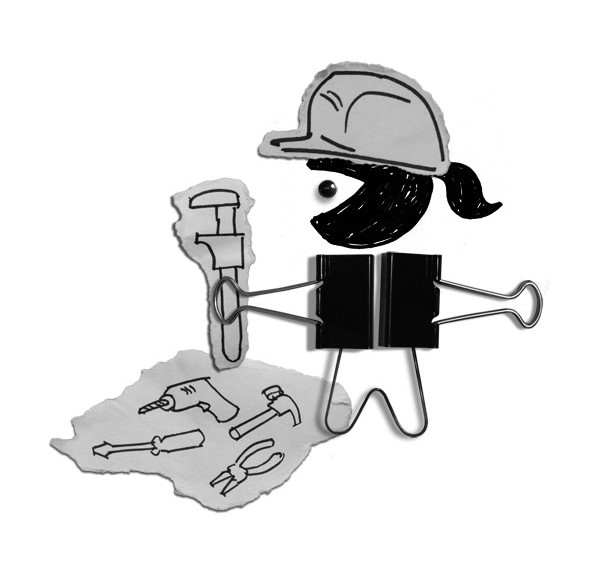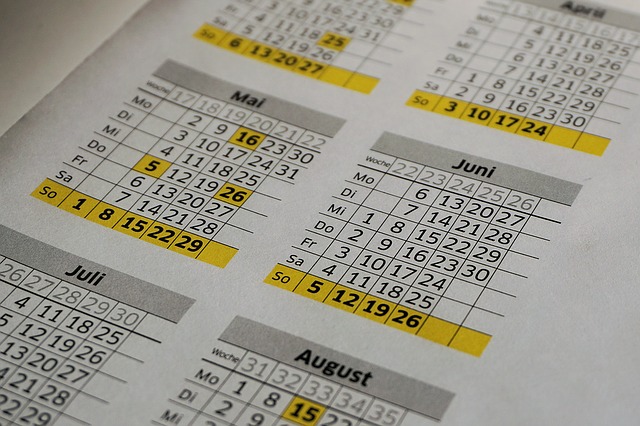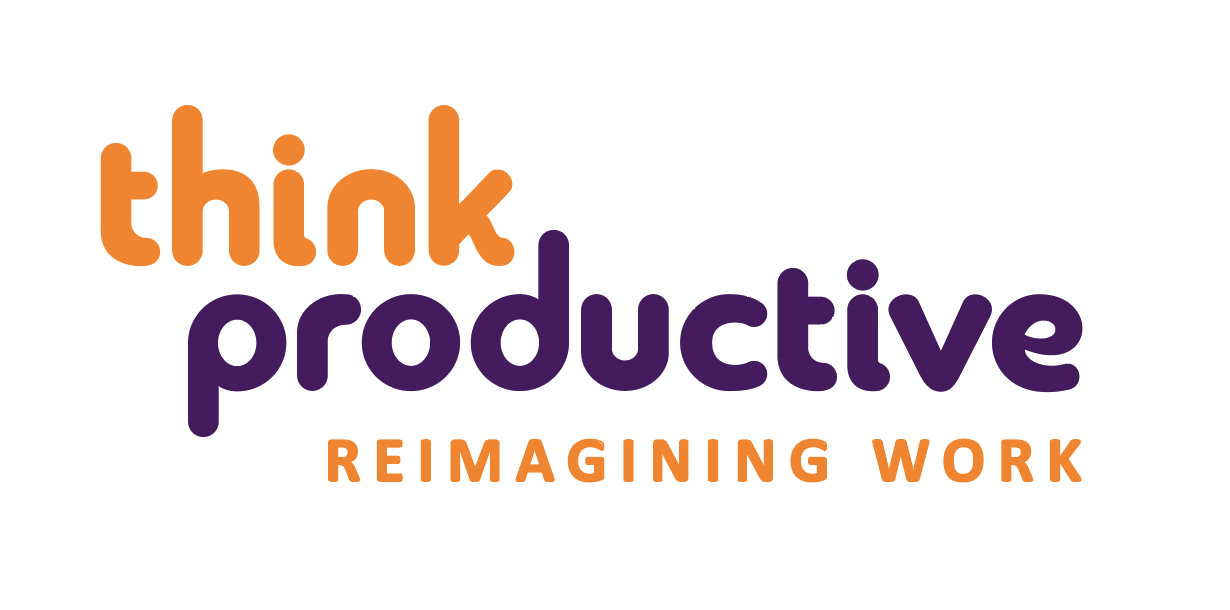Student life; it certainly has its ups and downs. You can have great weeks, great days and great nights. However, you can also have immense amounts of stress, especially towards graduating. Here at Think Productive, we believe that the best way of managing stress is through being prepared, productive and actively maintaining a healthy work-life balance. As a final year student, there are a few things I’ve learned in terms of managing the more difficult of times, as well as maximizing the impact of the good times. Being an employee of Think Productive has helped guide me successfully throughout my degree, here is how.
Time Management & Daily Work Ethic
When you initially become a student, self-organisation comes as a bit of a shock. You soon realize that the more organised you are; the less stressful university life becomes. It is a well known saying that one should ‘work hard, play hard’ in all aspects of life, not just at university. Although, students can lean towards the play side a lot more than they may care to admit. By channeling your inner Productivity Ninja, you can feel good about taking time off and doing things you enjoy. Leading to a key point; prioritizing daily tasks. Focusing on the present day is equally as important as planning in advance. If you can’t maintain a level of work ethic each day, coursework and deadlines soon catch up with you. A method I use, and would strongly recommend, is the MIT theory. MIT standing for ‘Most Important Thing(s)’. Each day focus on what tasks are most important. The list should not be more than three things, with a highlight on one that is essential to accomplish. If completed, you can consider the day productively well spent and you can reward yourself with a drink or two or one more episode of that TV show.

Plan like a Productivity Ninja
In order to be prepared for all that university has to offer, you have to plan. Plan like a ninja. This is vital because there are so many moving parts, whether it be social, academic or extra-curricular obligations. It is essential that you manage your time wisely and that means listing out your monthly, weekly and daily activities. This become easier as you progress through your life at uni as you will learn what is expected from you in each area. More importantly perhaps, what you expect from yourself; and the standard you want to set before graduation. A personal key tip here is to make an excel worksheet with all significant dates of the semester, so you can continuously keep track of what is coming up next. This allows you to add extra information to make sure things get done correctly, i.e. the people to invite, the meetings to set or even when the tickets come out for that gig you’ve been wanting to desperately go to. As aforementioned, this is important, yet shouldn’t distract from the daily tasks. It should, however, keep you focused on the bigger picture and allow yourself to be knowledgeable in what is going on in each term and might just boost your motivation a little bit.
 Take a break
Take a break
University life can be extremely stressful and as such, it’s important to take a break once in a while. It’s not smart to burn yourself out trying to work too hard. Yes, working hard is extremely important in being successful. However, it is more important to work smart, plan effectively and take time out to enjoy the years before all the responsibilities really hit you.

A key tip in maintaining a healthy balance of working hard and taking the time to do the stuff you truly enjoy, is scheduling. We’ve talked about how important planning is to avoid stress. Well, rather than just planning the things you must do, plan the time where you can choose to do anything, or nothing. By making this habitual and part of a routine, it’s more likely to work in your favor. I personally, try and keep to the 9-5 routine, where I will be on campus every day between that time. Whether that’s in workshops, lectures, meetings or just working in the library. Then I know that once the evening comes around, I have been productive enough that I can leave work behind. Plus, I don’t feel guilty about going and getting drinks with friends or binging some new shows on Netflix.
Know your calendar
It was mentioned previously that you could perhaps keep an excel sheet for all the key dates in the semester. This is important, although ‘knowing your calendar’ focuses more on the ins and outs of each week. It was only in my last year that I realized how helpful iCal was. I started to put in everything from revision sessions and training for sport, to workshops and time to prepare for upcoming workshops. Having this information visually laid out and accessible on all my devices, kept me focused on exactly what it was I had going on. If you have a job alongside your studies, this is integral to knowing when you can fit your working schedule around your academic engagements. Try adding things to your calendar that you wouldn’t usually and see how it makes a difference. Remember, your brain can only remember so much – use a second brain to rely on and help you out, especially in those extra busy exam times.

If you’re struggling, speak up
So many students struggle throughout university and do so alone. This time of your life provides amazing experiences and great opportunities to learn, although it can be extremely stressful and challenging. If the workload is too much or you don’t fully understand what your assessments entail, do get in touch with your tutors or lecturers directly, they’ll most likely be more than happy to help. Also, most universities have a support center in which you can drop in, privately, and discuss with the counselors what you’re going through. This is what they’re there for, and if not them, then reach out to those you are close to and trust, whether that be friends or family.
What helps you stay productive throughout the academic year? If you could use some more of these productivity tips, head over to our shop and get a copy of our book ‘How to be a Study Ninja‘.
By Miles Singleton
Miles is Think Productive’s Editorial Content Producer.
